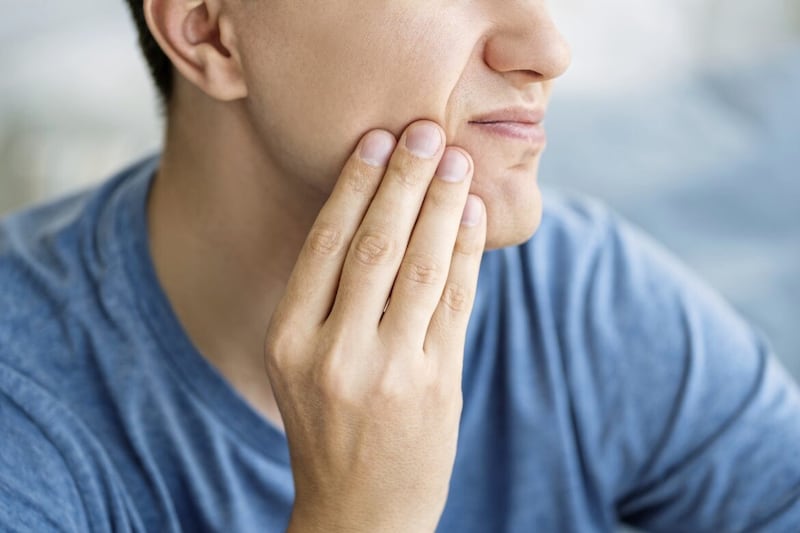WAY back in around 5,000BC the urban myth of the tooth worm was spawned. People thought that tiny worms bored deep into teeth, causing the holes that they could see and the unbearable pains.
As you would expect, people were very imaginative and came up with all manner of concoctions to rid themselves of these pesky worms and the excruciating throbbing. Many of these attempts proved not only to be futile but actually made the pain worse.
People tried burning the cavity with a hot probe, chewing on hot chillis, filling the cavity with garlic or smoking the worm out by using smoke from boiling a mixture goat fat, onions and other ingredients. Even nowadays people put fennel seeds into decayed teeth which, again, is ineffective.
But before you turn to chilli chewing, luckily modern science has given us more palatable alternatives. But what is the best painkiller for toothaches now?
There are three main types of painkiller: non-steroidal anti-inflammatory drugs (NSAIDS), paracetamol and opioids. Each works in a different way. You can buy NSAIDs (ibuprofen, diclofenac, naproxen, aspirin), paracetamol, and some weak opioids (codeine or dihydrocodeine) from the chemist. Stronger opioids that include morphine, oxycodone, pethidine and tramadol are prescription only.
A recent study by Case Western Reserve University has found that taking ibuprofen alone or combining it with paracetamol is better at easing dental pain than opioids. This advice is for adults not children.
The research also found that opioids accounted for the most adverse side effects, including drowsiness, breathing problems, nausea/vomiting and constipation.
Take your medicines as directed on the label or leaflet to make sure you don't take too much of either. It’s very easy to take too many tablets when you are suffering from toothache. Speak to your pharmacist, GP, or call NHS 111 if you are unsure what painkillers you can take.
Taking the painkillers is only a stop gap until you are able to see a dentist. One of the most exciting developments in modern dentistry is the invention of regenerative materials. These soothing pastes stimulate teeth to heal themselves and rapidly get rid of early tooth pain.
So try to see your dentist when the tooth starts getting sensitive, before full blown head banging pain or facial swelling sets in because the earlier the problem is caught the more minimal the treatment to the tooth tends to be.








